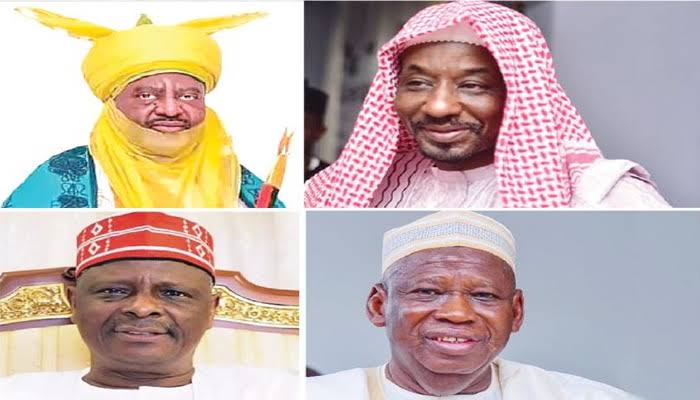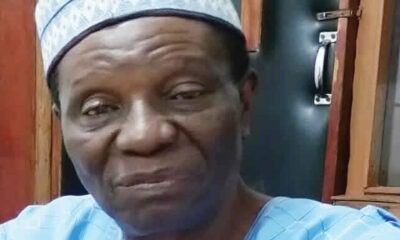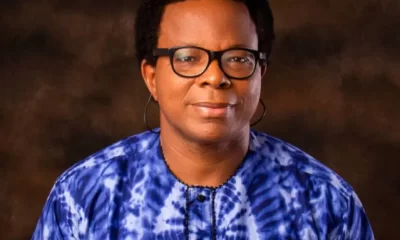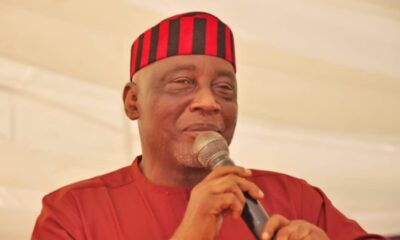Democracy & Governance
The Negative Impact Of Political Maneuvering In Kano’s Emirate Leadership -By Ahmad Babangida Baba
The involvement of prominent political figures like Rabiu Musa Kwankwaso and the conflicting statements from different political actors exacerbate this distrust. When political leaders treat the emirate as a battlefield for their power struggles, it sends a message that the needs and voices of the people are secondary to political ambitions.

The recent political maneuvers surrounding the Kano Emirate, particularly the speculations about reinstating former Emir Sanusi Lamido Sanusi, have brought to light the troubling interplay between politics and traditional leadership in Nigeria. This situation has far-reaching negative impacts, destabilizing not only the emirate but also the broader socio-political landscape of Kano State.
The Emirate of Kano, historically a bastion of cultural and traditional leadership, has increasingly become a pawn in political games. The initial deposition of Sanusi Lamido Sanusi by former Governor Abdullahi Ganduje in 2020, followed by the creation of four new emirates, was seen by many as a move to diminish the power and influence of the traditional emirate. The current rumors and political statements about possibly reinstating Sanusi further underscore how traditional institutions are being undermined by political interests.
This erosion of traditional authority weakens the very fabric of the emirate, reducing the respect and legitimacy of the traditional rulers. The continuous political interference creates an environment where the emirs are seen as extensions of political parties rather than impartial custodians of culture and tradition.
The speculation and political maneuvering have not only destabilized the emirate but also sown discord among the people of Kano. The potential reinstatement of Sanusi, alongside the continued leadership of Aminu Ado Bayero, has created factions within the community. Such divisions can lead to social unrest, as different groups may feel marginalized or unfairly treated depending on which political faction they support.
The tensions were palpable when rumors of Sanusi’s reinstatement surfaced, causing apprehension among the populace. The governor’s clarification that there are no plans to dethrone Bayero did little to quell the fears and speculation, highlighting the deep-seated uncertainties that these political actions have fostered.
The continuous use of the emirate for political gain undermines trust in both the traditional and governmental institutions. The people of Kano are likely to view these institutions as tools for political manipulation rather than bodies working for their welfare. This distrust can lead to apathy and disengagement from civic duties, weakening democratic processes and governance.
The involvement of prominent political figures like Rabiu Musa Kwankwaso and the conflicting statements from different political actors exacerbate this distrust. When political leaders treat the emirate as a battlefield for their power struggles, it sends a message that the needs and voices of the people are secondary to political ambitions.
The politicization of Kano’s emirate leadership has profound negative impacts, eroding traditional authority, fostering social division, and breeding distrust in governance. It is crucial for political actors to recognize the importance of maintaining the sanctity and impartiality of traditional institutions. The emirate should be a symbol of unity and cultural heritage, not a chess piece in political games. For Kano to thrive, both its political and traditional leaders must work towards fostering respect, stability, and genuine development for all its people.










